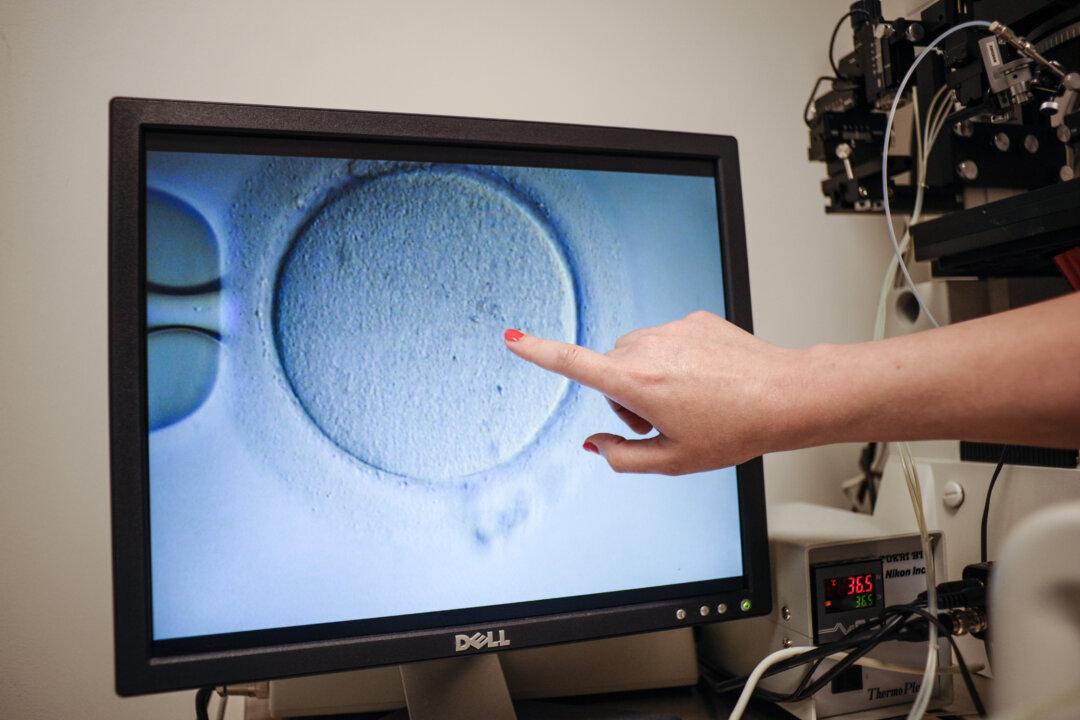The federal government has expanded funding to allow more Australians to claim relevant Medicare rebates for IVF and genetics, high blood pressure, chronic bowel inflammation, and breast cancer treatment from Nov. 1.
Health Minister Greg Hunt said that until now, people in their in vitro fertilisation (IVF) journey who know they carry genetic diseases could only test their child if they paid privately.





